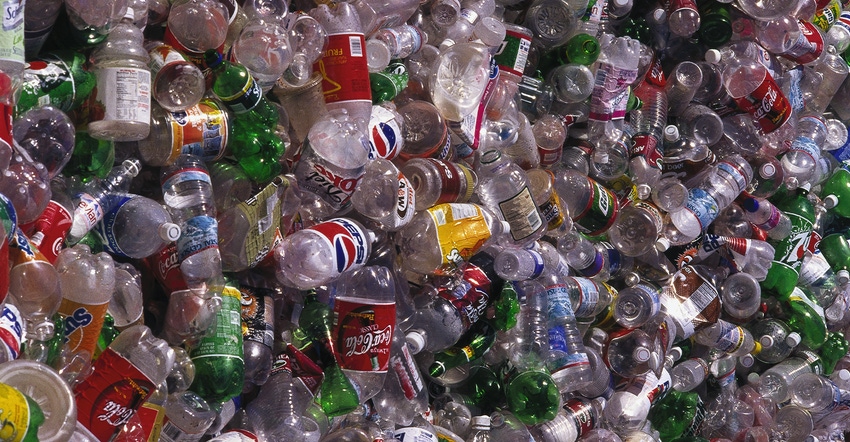
“Reimagining Sustainable Agriculture through Innovation in Plastic Waste” recently explored challenges and concerns related to the use of plastics in farming, innovation opportunities and more.
The webinar was hosted by be Waste Wise and featured Daniella Russo, CEO & co-founder of Think Beyond, in conversation with James duBois, senior manager of environmental sustainability at Driscoll’s, and Rich Uto, owner of Satsuma Farms.
Russo set the stage by observing that, “Agricultural uses of plastic are an important topic to us all — and [one] that’s not as front and center as, for example, disposable packaging that we’re all so aware of.” She noted research that showed how, “Plastic is one reason that agriculture has been able to increase productivity without increasing acreage. It extends the growing season, improves yield quality, and decreases spoilage in the field.” It is beneficial and inexpensive, but it also creates many problems — for instance, difficulties in cleaning and recycling. Also, “Do [field plastics] break down into micro-particles just like it does in the ocean? Preliminary research shows that this is very likely and very possible. And we know these particles can be highly condensed carriers of toxic materials.”
Russo went on to note that the Think Beyond Plastic Foundation recently announced the 2021 Ag Plastics Innovation Challenge, which seeks to identity solutions to field plastics that have the potential to scale. “The bottom line is, ‘the need is there, industry is interested in finding solutions, and it’s up to innovators to help us do this.” Driscol’’s and Satsuma Farms are both participating in the challenge.
duBois then spoke about how Driscoll’s uses field plastics for the high tunnels on its berry crops, in its drip irrigation system, and as plastic mulching. And he noted that the company’s concerns about these materials originated from “recognition of the impact of our field plastics and the waste stream it creates in the communities in which we operate.” duBois went on to discuss how Driscoll’s is able to recycle the high-tunnel plastics and drip tape—“It’s not easy, but we do have some solutions for that, and we’re looking for better solutions all the time.” But the area in which the company is most focused on finding solutions is for soil-contact plastics. For instance, “Are there uses, technologies, different types of film or applications that can increase the life of that film within the context of how we use it? And, of course, recycling, which is where we see most of the solutions now… [But] without proper retrieval, handling, logistics, and cleaning, recycling is extremely difficult.”
Uto then spoke about how plastic is “an extremely big concern” for his strawberry-farming operation. Despite trying to reuse or recycle everything possible, his plastic mulching ends up at the landfill (and with a weight twice that of when it’s applied to the ground, due to contamination and moisture). He said that, “I live it as a grower because I’m the one putting the plastic in. We’re trying some biodegradable mulch, which is a trial process right now—but I hope that sometime in my future, something will come out to help [with these challenges.] I’m trying to be as transparent as possible because the way it is, it’s pretty difficult.”
duBois went on to further discuss the notion of substitutions to the existing agricultural plastics and observed that, “Something we haven’t mentioned yet is really understanding the tradeoffs involved in alterative materials. We want to make sure we don’t want to switch to something that has other unforeseen impacts—such as maybe carbon footprint or purification impacts. So we want to make sure an alternative isn’t just shifting the impact to some other domain or region.” And he reiterated that such materials need to last several seasons.
The speakers continued to talk about the role of economic incentives in tackling the plastics crisis, Extended Producer Responsibility (EPR) and more. duBois summed things up well by asking the audience and any innovators out there to, “Please expand our horizons on what�’s possible. We’re really looking for a solution, and it might not lie where we think it lies.”
About the Author(s)
You May Also Like




